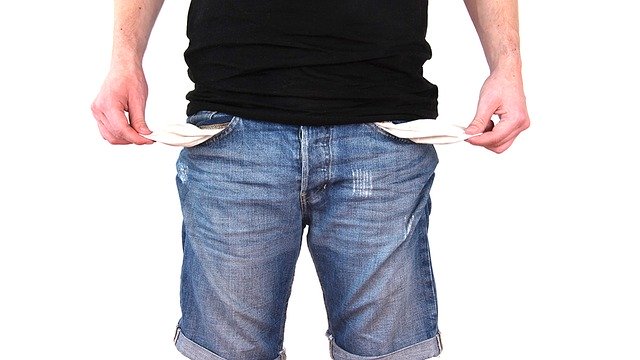Can You Face Legal Consequences for Credit Card Debt?
It can be very stressful when you’re contacted about a past-due bill. Although the Fair Debt Collection Practices Act (FDCPA) prohibits debt collectors from threatening to take action that’s not legally theirs to take, you may start to wonder what can happen to you if you’re unable to repay your debts in the near future.
Some debts, like mortgages or auto loans, are secured by assets — meaning whoever owns your debt can repossess the property tied to that debt if you fail to hold up your end of the financial bargain. But other debts aren’t so clear, like credit cards and medical bills.
Dealing with debt anxiety may cause you to wonder: What can happen to you if you don’t pay your unsecured debts? Can you face legal consequences for credit card debt?
Keep reading to learn more.
What Debt Collectors Can & Cannot Do
First, the good news: Collectors, no matter what they may imply over the phone, can’t get you arrested for having outstanding credit card debt. If a collector threatens you with imprisonment in an effort to get you to pay, you can file a complaint against them for being in flagrant violation of the FDCPA. You may also have the grounds for a lawsuit against them, provided you can back up the interaction with evidence.
However, debt collectors can sue you in an attempt to collect on unpaid debts. And this is where your legal troubles can worsen if you ignore a summons or go against a court order. As NerdWallet notes, failure to show up for your court date means you’ll lose by default — in which case you may face wage garnishment and/or a bank levy.
It’s important to understand you can face arrest for ignoring a court order if you get sued by a collector. But there’s a big difference between that and getting arrested for simply having debts.
So, What Happens If You Don’t Pay Credit Card Debt?
Let’s walk through what typically happens when people stop making payments on their credit card debts.
Missing a payment will tack on a late fee; missing payments again will increase that late fee. Your interest rate will also jump up as a penalty. As creditors report these missed payments to credit bureaus, your score will fall.
After three months or so, the debt may be sold to a collection agency — and this is the point at which you may start facing the possibility of a lawsuit. Your credit history will also reflect the debt going to collections, which can further diminish your score. It’s worth looking into whether you can settle with your creditor before they charge it off to a collection agency. This credit card debt relief process is by no means a “get out of jail free” card, but it can help you negotiate down what you owe and come up with a repayment plan.
If you do face a judgement against you in court, you may have to file for bankruptcy if you’re unable to pay back what you owe. Whether you file for Chapter 7 or Chapter 13 will depend on factors like your income; the former will require you to liquidate some assets, while the latter will allow you to keep your assets if you come up with a practical repayment plan.
Credit card debt has the potential to drag down your credit score and land you in court, but you cannot be arrested simply for having outstanding debts. Still, it’s best to come up with a plan to address these debts as soon as possible so you can avoid consequences like bankruptcy, judgments against you and poor credit.

